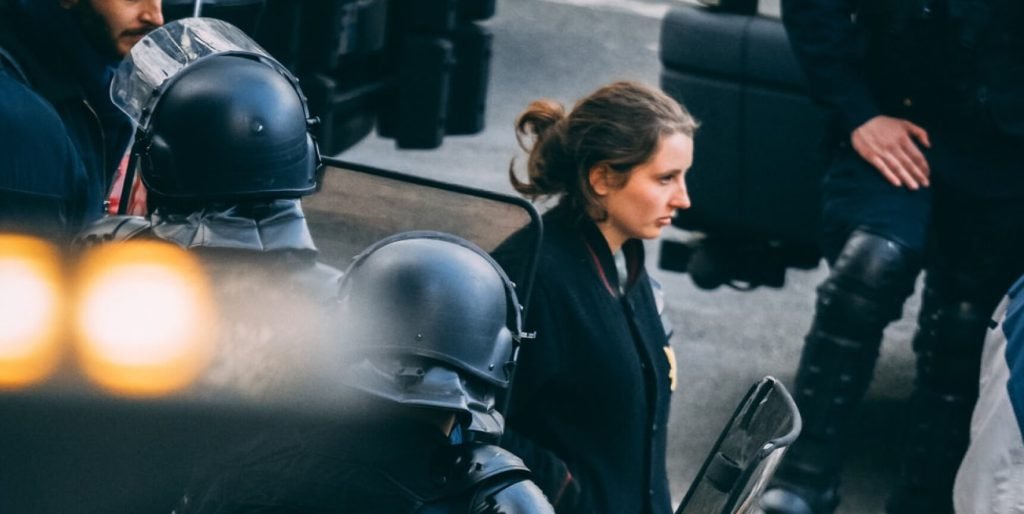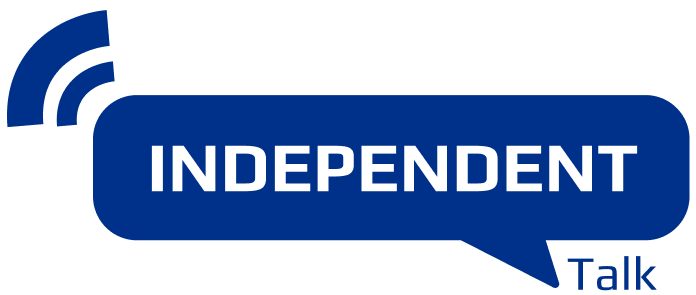A Step Towards Better Relations: Indian Journalist on Pak-India Ties

The recent thawing of relations between Pakistan and India during the Shanghai Cooperation Organisation (SCO) summit has become a key talking point following the visit of India’s External Affairs Minister, Dr. Subrahmanyam Jaishankar, to Islamabad. The minister’s presence at the event, alongside his Pakistani counterparts, has sparked cautious optimism for improved ties between the two neighbors.
Pakistan, which hosted the summit in its federal capital, was commended for its hospitality by Jaishankar in his departure note. The Indian minister expressed gratitude towards Prime Minister Shehbaz Sharif and Deputy Prime Minister Ishaq Dar, who also serves as his counterpart in economic matters. Jaishankar called the summit “productive,” highlighting India’s “positive and constructive contribution” to the discussions. “We signed eight outcome documents,” he noted in a post on social media platform X, underlining India’s role in the summit.
Jaishankar’s visit included a cordial handshake with Prime Minister Shehbaz Sharif at the Jinnah Convention Centre just before the summit commenced. Geeta Mohan, India Today’s executive editor and diplomatic affairs expert, said this was a significant moment. In writing about the event, Mohan described the atmosphere as notably “cordial” from when Jaishankar arrived in Islamabad to when he left.
“There were no fireworks, but the visit was an important step. The Indian minister spoke about the need for ‘mutual trust,’ ‘friendship,’ and ‘good neighborliness,'” Mohan wrote in her coverage for India Today. Appearing later on Geo News’ Capital Talk, she highlighted that this visit marked a change from the strained relations seen in the past.


Mohan revealed that Jaishankar and Prime Minister Shehbaz Sharif had a brief but meaningful conversation during the summit’s breaks, including a chat over lunch. She pointed out that a video aired by Geo News also captured Jaishankar in conversation with Deputy Prime Minister Ishaq Dar. “This wasn’t just casual chit-chat; something more substantial may have occurred. It could mark the beginning of better relations,” the journalist remarked.
In his speech at the summit, Jaishankar briefly touched on issues like cross-border terrorism and significant projects like the China-Pakistan Economic Corridor (CPEC) and the Belt and Road Initiative (BRI). Although he refrained from directly naming Pakistan or China, the implications were clear.
Mohan further noted that governments play a pivotal role in shaping the tone of international relations. She suggested that during Imran Khan’s tenure as Prime Minister, ties between India and Pakistan had become particularly strained. However, the situation shifted in 2023 when Bilawal Bhutto Zardari visited India as Pakistan’s Foreign Minister. Despite the historic nature of that visit, Bhutto Zardari did not get the chance to share any positive outcomes on social media—a testament to the still-frigid relations at the time.
Mohan credited the Sharif family for playing a crucial role in easing tensions between the two countries. She also highlighted that Jaishankar’s visit marked the first time in nearly a decade that an Indian foreign minister had visited Pakistan, further emphasizing its significance.
Pakistan’s Information Minister Attaullah Tarar commented on the visit as an “ice breaker.”
Although neither side requested a bilateral meeting, he noted that Jaishankar’s presence sent a positive message. “When all the leaders exchanged handshakes, I believe it sent positive images around the world,”
Tarar said.
As both countries cautiously navigate this potential thaw, there is a glimmer of hope that these recent interactions could improve relations between the long-time rivals.































































